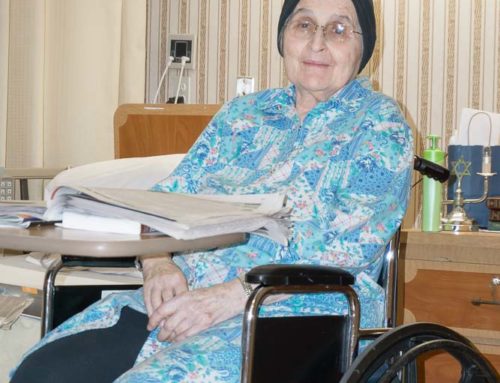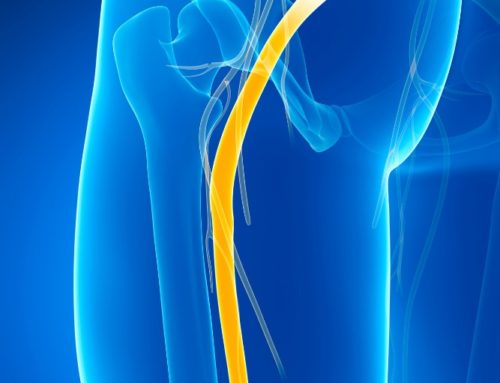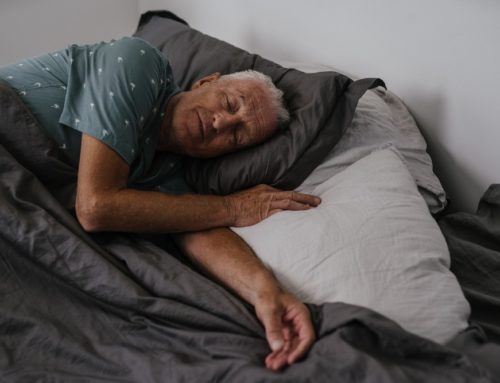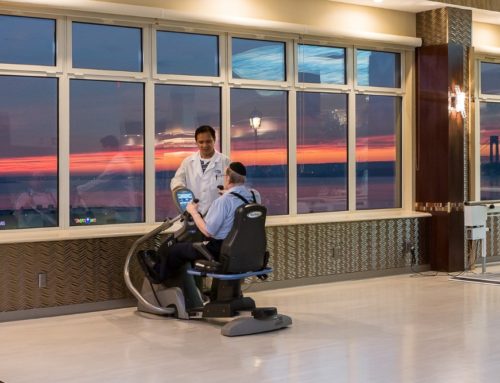Delayed healing after abdominal surgery can be caused by various factors, though normally healing starts within a few days. Patients’ responses to surgery can also vary, depending on their age, chronic conditions, alcohol use, medication or other issues. However, it is necessary to seek medical assistance to prevent further complications.
In some cases, rehabilitation is crucial to avoid any adverse outcomes and speed up recovery. Post-operative care typically includes constant evaluation of the patient’s condition, along with rehabilitation and IV therapy, as well as close monitoring of the recovery process. This care also focuses on stress and pain management. Rehabilitation helps to improve functional independence and restores the patient’s ability to regain strength.
Let’s check out what the most common causes are, but make sure you consult your doctor about any delays in the recovery process.

Delayed Healing After Abdominal Surgery
Various complications, such as blood clots, nerve damage, poor reaction to anesthesia, inflammatory responses, and other issues, may arise depending on factors like pre-existing health conditions, the type and length of surgery, medications used, and the body’s removal of waste products. Here are some common ones to look out for:
Poor blood flow and infection
Normal blood flow helps to heal the surgical site, but impaired blood circulation can result in decreased oxygen and nutrient delivery to the tissues, slowing down the healing process. Often, it is vascular diseases, diabetes or smoking that contribute to poor blood circulation.
Also, normal blood flow plays a crucial role in helping the body defend itself against infections and prevent delayed healing after abdominal surgery. Blood carries immune cells, antibodies, and other components of the immune system throughout the body. Well-oxygenated tissues are better equipped to resist and fight infections.
Poor nutrition and high stress levels
A diet high in sugar, excessive alcohol consumption, and other poor nutritional habits can contribute to delayed healing and cause complications. The body, especially when healing, needs an ample supply of vitamins and minerals that are crucial for wound healing. Adequate nutrition is essential to support the body’s recovery process
Stress is another problem that can cause delayed healing after abdominal surgery. It is often overlooked, can play a major role in your healing journey. It’s like an undercover agent, silently impacting your body’s ability to heal post-abdominal surgery. When stress, anxiety and depression take the wheel, they drive up the production of stress hormones, leading to hormonal imbalances and a weakened immune system.
But here’s the good news – you can counteract stress. Activities like meditation, deep breathing, and progressive muscle relaxation are not just relaxation techniques; they’re your personal toolkit for inner peace and healing.
Diabetes and obesity
Both diabetes and obesity can complicate the healing process, potentially leading to impaired wound healing, difficulties in new tissue formation, and the closure of surgical incisions. They also increase the risk of cardiovascular conditions, adding to the challenges in post-surgical recovery and delayed healing after abdominal surgery.
Ignoring rehab and instructions
It’s important to follow post-operative care instructions and maintain a healthy lifestyle to support the healing process. The right physical exercises are crucial to prevent delayed healing after abdominal surgery. They are necessary as, after surgery, many experience limited mobility due to pain, the effects of anesthesia, or surgical site discomfort. Prolonged immobility can lead to reduced blood circulation, increasing the risk of blood clot formation.
Rehab after surgery helps to strengthen weakened abdominal muscles. Rehab focuses on strengthening these muscles and improving overall core strength. It includes physical therapy that enhances the body’s ability to normalize blood circulation. It offers emotional support as recovery can be mentally challenging and cause delayed healing after abdominal surgery.
Resources:
https://www.ncbi.nlm.nih.gov/pmc/articles/PMC1357070/
https://www.hopkinsmedicine.org/health/treatment-tests-and-therapies/after-surgery-discomforts-and-complications
https://www.templehealth.org/services/conditions/non-healing-surgical-wounds
This content comprises informative and educational resources only and can not be considered as a substitute for professional health or medical guidance. Reliance on any information provided in this article is solely at your own risk. If you have any inquiries or apprehensions about your medical condition or health goals, talk with a licensed physician or healthcare provider.






Leave A Comment